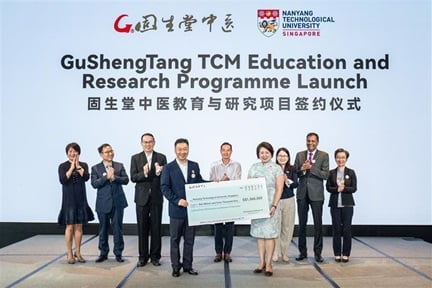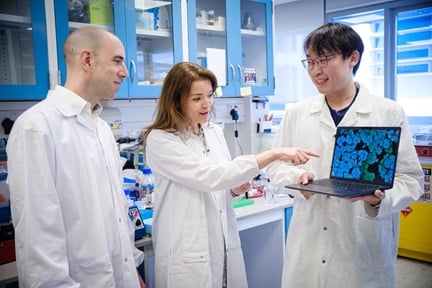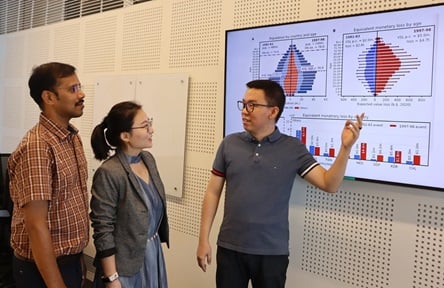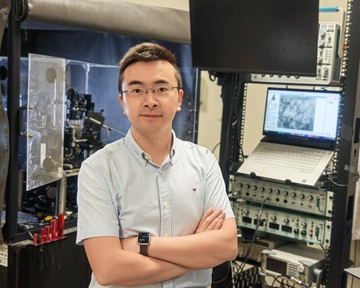New way to clear brain waste linked to Alzheimer's disease
Researchers from NTU Singapore have discovered a “metabolic switch” in immune cells in the brain that could be targeted as a potential treatment for Alzheimer’s disease, the most common form of dementia.
After blocking and turning off this “switch”, brain immune cells called microglia were able to remove toxic proteins that can build up and lead to Alzheimer’s disease.
Microglia tend to be damaged in people with the disease, which makes them less capable of clearing cellular toxic waste. To restore the clean-up function, the scientists “switched off” their inefficient metabolism by preventing a key enzyme from attaching to energy-generating parts of the immune cells.
Nanyang Assistant Professor Anna Barron from NTU’s Lee Kong Chian School of Medicine, who led the study, said that her team’s findings provide a basis for developing drugs that can act specifically on the metabolism of immune cells in the brain to treat Alzheimer’s disease.
Such drugs are of high interest in healthcare. While there are ways to treat the symptoms of Alzheimer’s disease, there are currently no definitive cures for the condition, which tends to affect the elderly and impairs people’s ability to think.






